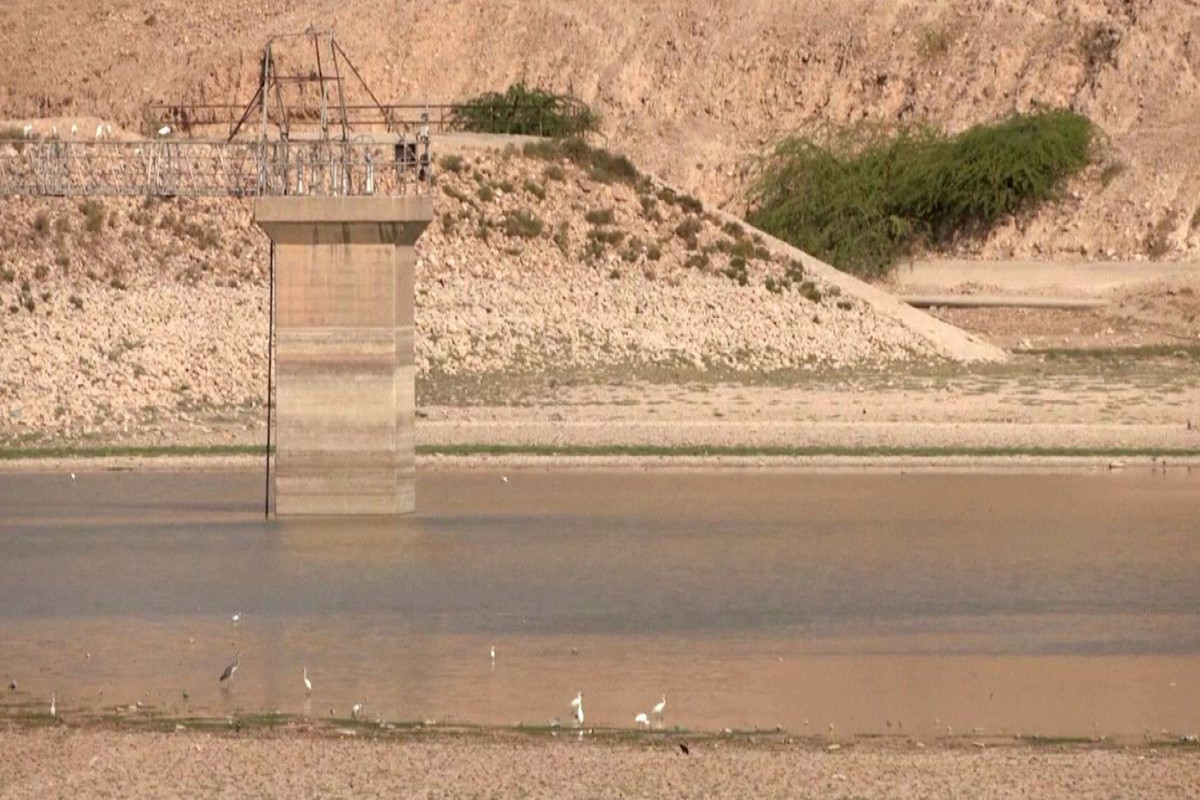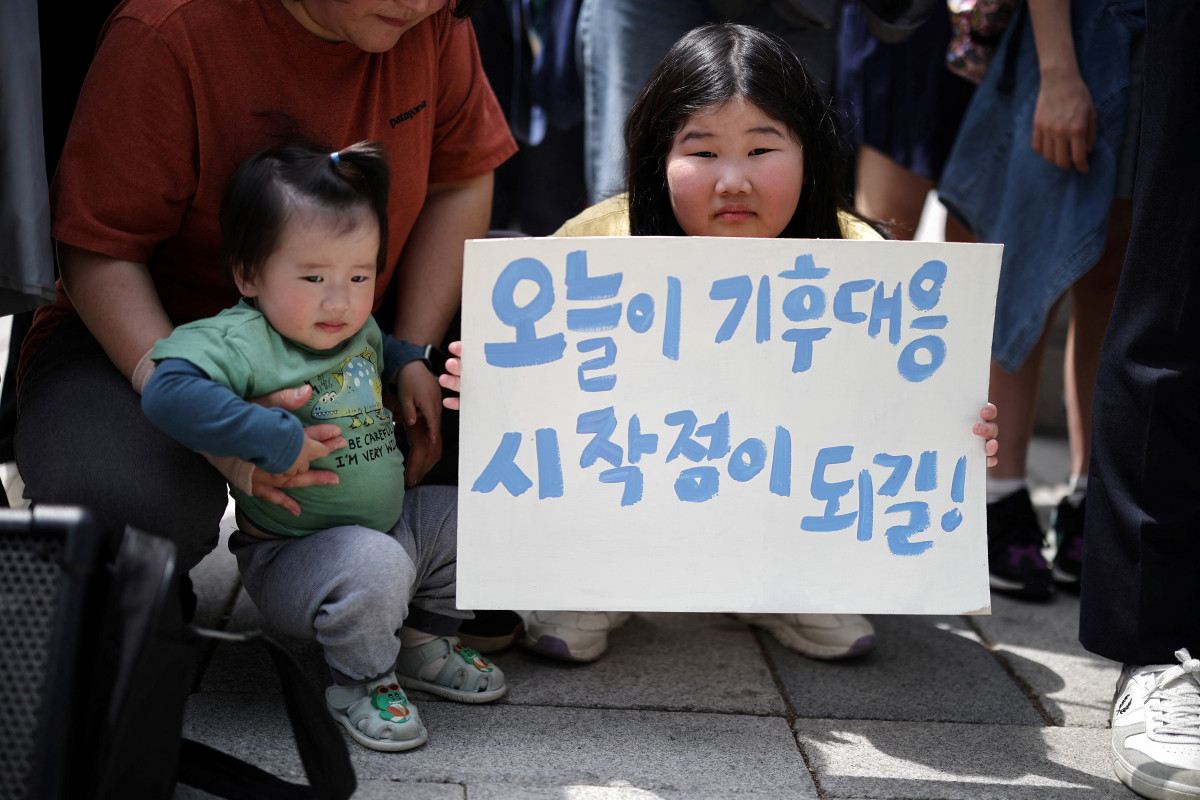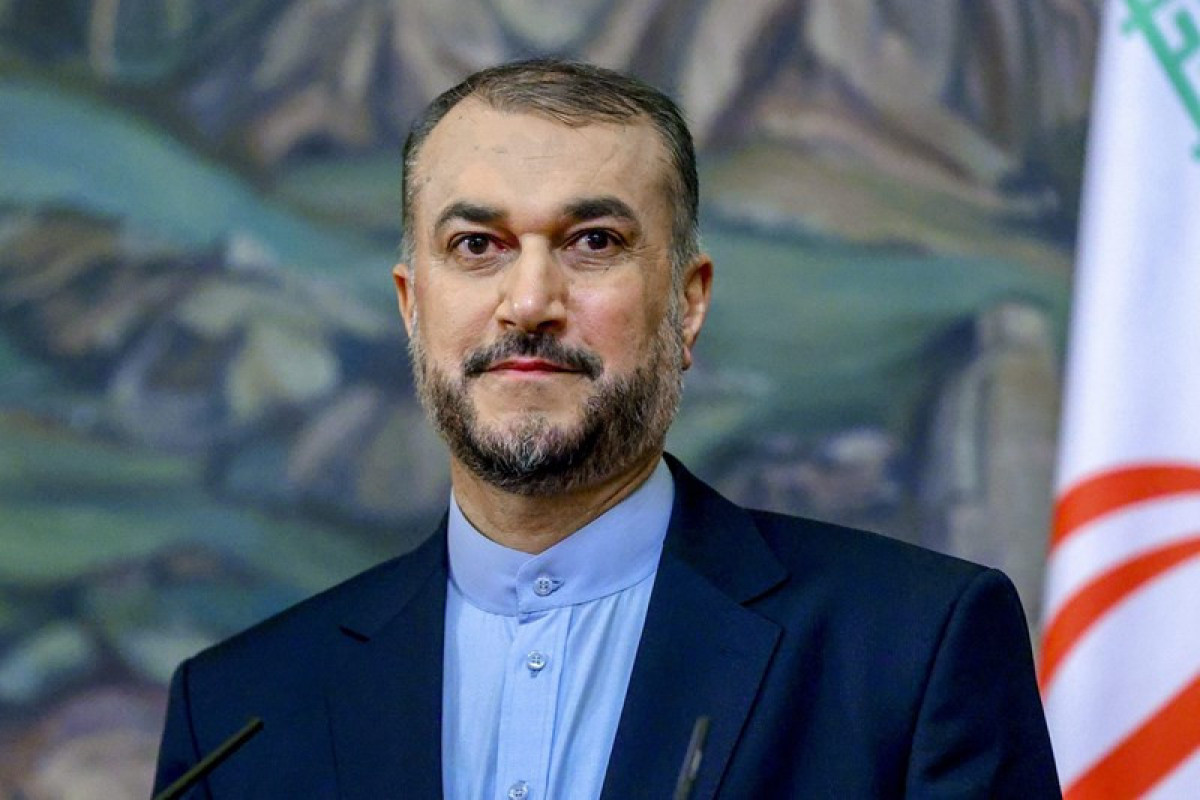At a private underground well in Amman, Imad Suleiman waits for hours to pump water into the container on his truck that he then sells on to private customers in the sprawling city of four million, APA reports quoting Reuters.
He has a growing clientele among the residents of Jordan's capital, pushed by a combination of climate change, population growth, corruption and creaking infrastructure to buy from costly private tankers rather than rely on tap water that only runs for one day a week.
"This year the increase (in demand) compared to previous years is around 70 to 80 percent," Suleiman told Reuters. The rooftop tanks where his customers store their water now pepper the city's landscape.
While climate change has brought drier weather to the Middle East, Jordan has fared worse than its neighbours. "Rainfall did not exceed 60% of the average," said Water Ministry official Omar Salameh.
Meanwhile, demand had risen sharply. Jordan's population has doubled in the past 20 years, with waves of refugees, including more than 1 million Syrians, taken in.
The share of water per person per year has plummeted to 80 cubic metres from 3,400 at the turn of the century, official figures show, and Salameh says available supplies are only enough for three million of Jordan's 10 million inhabitants.
With aquifers beneath the desert overpumped and flows in the Jordan-Yarmouk river hit by upstream diversions in Israel and Syria, farmers in the Jordan Valley, the country's breadbasket, are also feeling the pinch.
"Water scarcity affected us, we cannot grow summer crops which we usually do and can give us good financial returns," Jehad Tawalbeh, a farmer who inherited his farm from his father, said.






